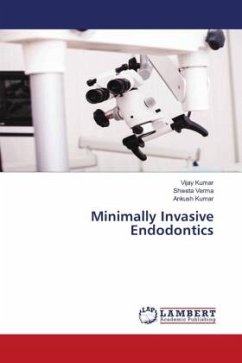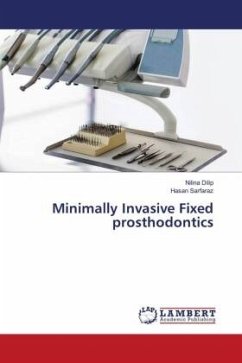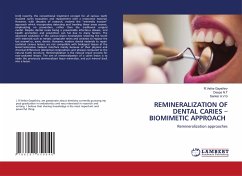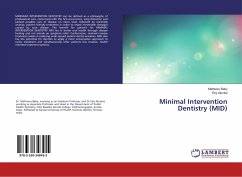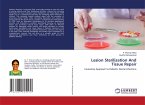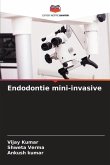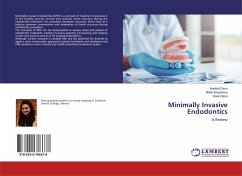The concept of Minimally Invasive Endodontics calls for the treatment and prevention of pulpal pathoses and apical periodontitis, while causing the least amount of change to the dental hard tissues. This preserves the strength and function of endodontically treated tooth with the intent that it will last the patient's lifetime. Just as in medicine, the dental surgeon treating endodontic disease must develop new skills and dexterity in order to adapt to a limited working environment within the confines of the pulpal space. These skills include working with new instruments and irrigants for cleaning the system; utilising advanced imaging modalities and computer software for demonstrating both the complexities of the root canal system and improving the accuracy of techniques; employing increased magnification and lighting for visualising the pulpal space as well as applying new materials that enhance the prognosis for restoring structure and retaining the natural dentition.
Bitte wählen Sie Ihr Anliegen aus.
Rechnungen
Retourenschein anfordern
Bestellstatus
Storno

